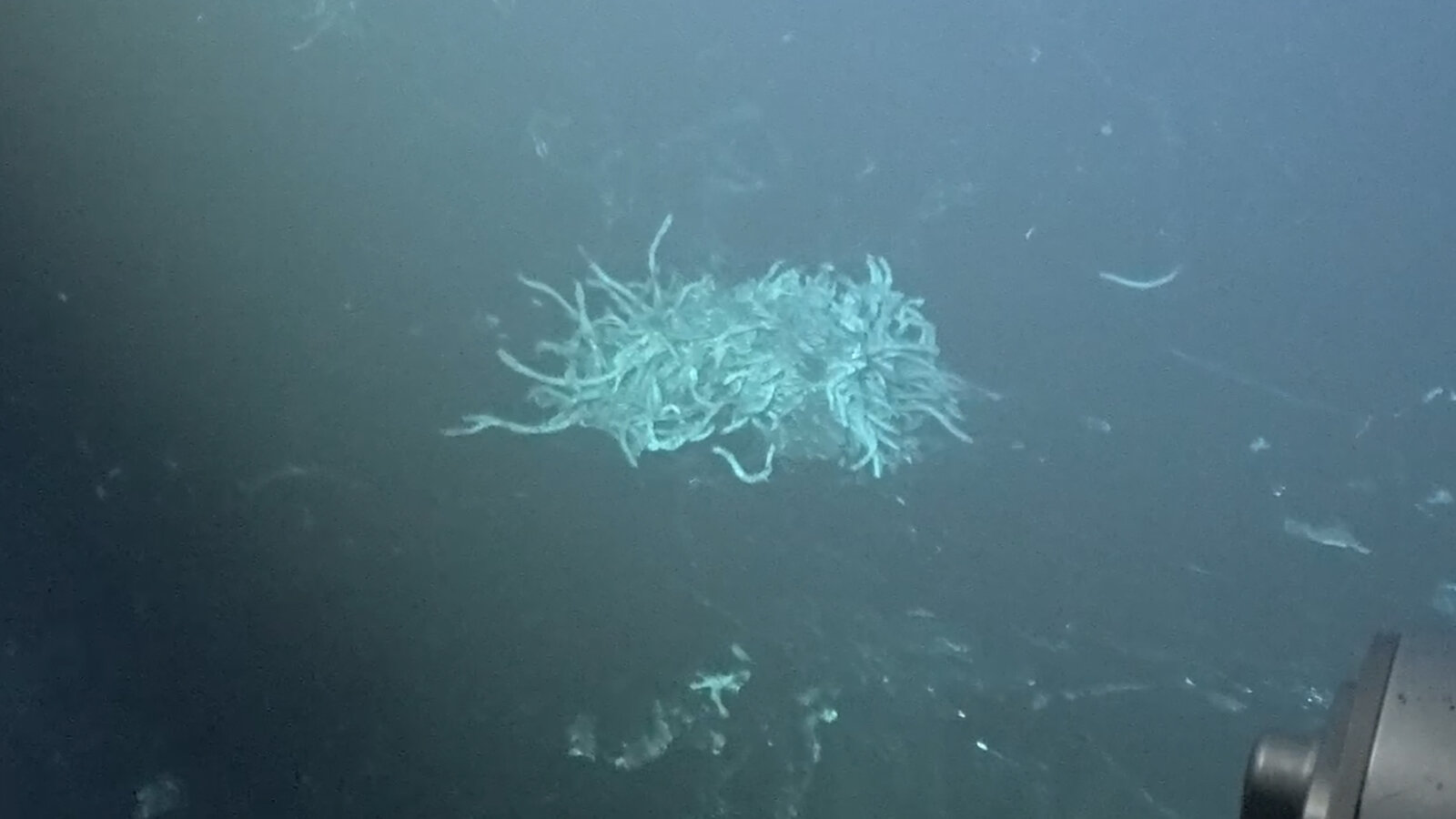Underwater Volcano Erupts: Scientists Capture Rare Deep-Sea Spectacle in Groundbreaking Moment

In a stunning revelation of Earth's dynamic nature, marine researchers aboard a submersible in the eastern Pacific were astonished to discover that the underwater landscape they had meticulously studied just the previous day had been completely transformed. The entire seascape had been dramatically resurfaced, covered in a smooth, glassy layer of freshly erupted lava, creating an otherworldly scene of geological metamorphosis.
The sudden volcanic activity had dramatically reshaped the underwater terrain, turning what was once a familiar underwater topography into a pristine, obsidian-like canvas. This rapid transformation served as a powerful reminder of the planet's constant, unpredictable geological processes, where entire landscapes can be reimagined in mere hours.
